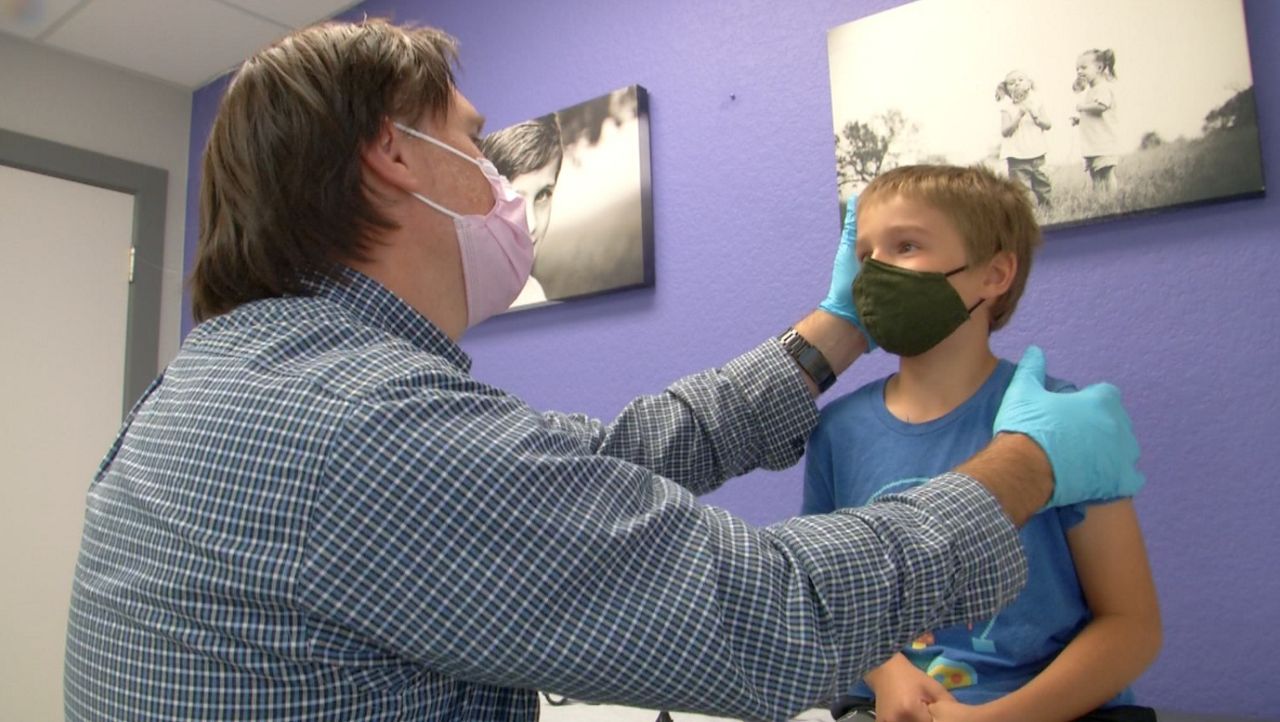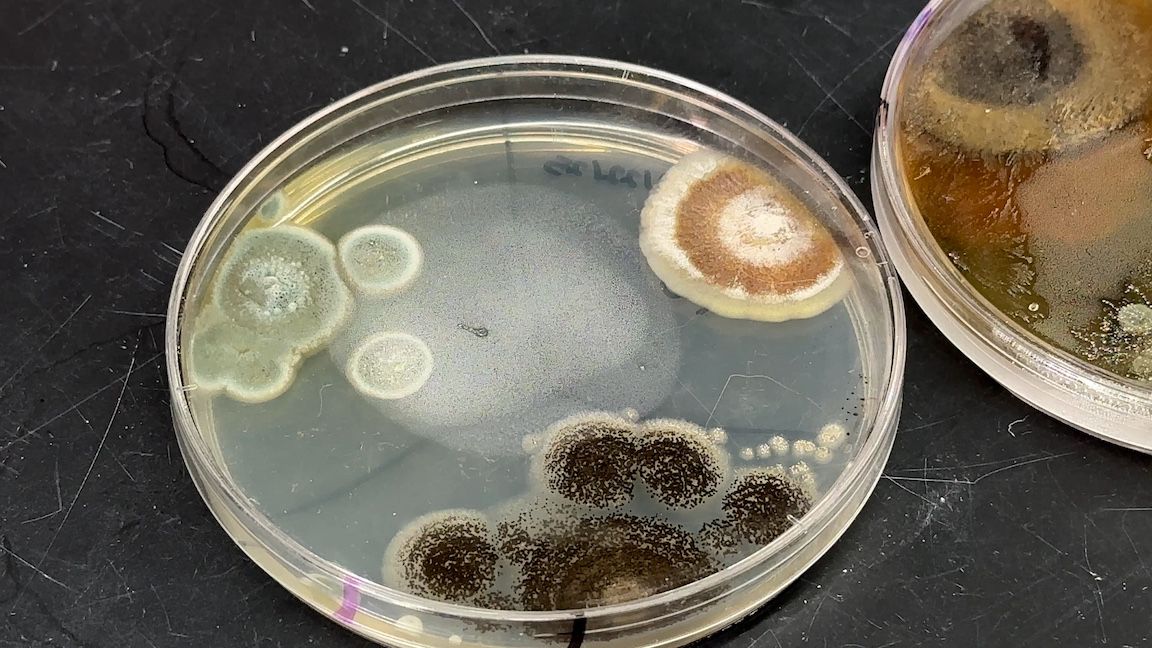DURHAM, N.C. – A nonprofit's new therapeutic garden aims to improve patients' mental health during COVID-19 and the standard time change.
Luke Smith is a psychiatrist and executive director at El Futuro. The organization serves mostly Spanish-speaking immigrants with mental health and substance abuse resources.
"People have suffered something in their home country, and then they suffer a trauma on their way up - on their migration journey - and then they will suffer when they're here from the environment around them," says Smith. "And so, we are taking care of people who have been through a lot, so depression, and anxiety, and post traumatic stress disorder."
Smith says the Latino community is the most uninsured in our state, and often uses medical resources the least. That's the service gap El Futuro works to fill.
Beyond medicine and therapy, Smith says being in nature and getting sun is a major way to reset mentally.
"There's nothing that replaces getting out and being in touch with somebody," says Smith. "Go for a walk. Go outside in nature. Go to a river or a creek and enjoy something that maybe you haven't enjoyed a while, and sometimes that's the spark or reset that you need to get back on track."
In a journal, Epidemiology, mental health researchers found in a 2017 study that depressive episodes increase by 11% during the fall and winter months. Smith attributes this particularly to cabin fever, as many people have already experienced this year.
"Set a bedtime and stick to it. Set a wake up time and stick to it. Get outside," says Smith. "The natural resets that happen with your eyes and the sunlight, and just daylight and then darkness, are very healthy for your brain and reset your circadian rhythms."










